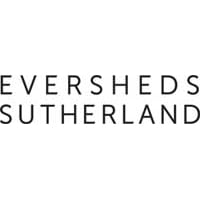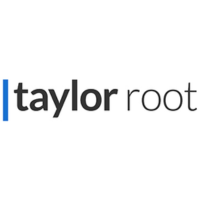
Senior legel manager | stc Bahrain




Ahmed H. Almaadawy
Senior legel manager | stc Bahrain
Could you share an example of a time when you came up with an innovation that improved how your legal team works and did not come at a large expense?
Over the past few years, I have observed that the legal department at stc spent significant time and money on paper-based procedures. We were utilising multiple systems for administering contracts, invoices, and other internal documents, making monitoring information and maintaining order challenging. Consequently, I implemented a new contract administration system, enabling the legal department to go paperless. Integrating the new system with Outlook made it simple for attorneys to drag and drop emails directly into relevant case files. The new contract management system saved the stc legal department time and money. The new contract management system also enhanced the legal team’s efficiency.
How do you balance your responsibilities as a GC with your involvement in dispute resolution and M&A matters?
In general, an in-house lawyer, such as myself, may balance his responsibilities with his participation in dispute resolution and M&A matters by following the steps outlined below.
Establish clear priorities: To begin balancing responsibilities, I must first identify my top priorities. Once I have established my priorities, I can formulate a plan to address them.
Delegate responsibilities: In-house solicitors frequently have a full schedule. Typically, we cannot manage everything, so the most important factor is considering and entrusting delegating tasks to our team.
Take initiative: In conflict resolution, it is essential to be proactive. I must be prepared to act quickly and decisively in a dispute. It also implies that I must be willing to negotiate and make concessions to reach an agreement.
Be acquainted with the law: I must know the law governing mergers and acquisitions in M&A matters. This includes the laws of the jurisdictions in which the involved companies are organised and conducting business.
Strategic thinking: In dispute resolution and mergers and acquisitions, strategic thinking is essential. This implies that I must be able to see the big picture and formulate a strategy for attaining my organisation’s objectives.
Be capable of working under pressure: Conflict resolution and mergers and acquisitions can be very distressing. Working under pressure and making sensible decisions despite feeling drained is essential.
Can you foresee any key developments to the way general counsel work over the next five years?
Risk management has received more attention. As firms confront expanding legal and regulatory difficulties, general counsel will need to concentrate more on risk management. This will require a thorough awareness of the applicable laws and regulations and the capacity to detect and minimise any risks.
Increased reliance on technology. Technology will play an increasingly crucial part in the general counsel’s job. Technology automates operations, collects and analyses data, and interacts with stakeholders. General counsel who embraces technology will be better able to manage legal risk and deliver strategic guidance to their organisations.
What emerging technologies do you see as having the most significant impact on the legal profession in the near future, and how do you stay updated on these developments?
Artificial intelligence (AI) is already being utilised in various legal applications, including legal research, contract evaluation, and conflict resolution. As AI advances, it is expected to have a bigger influence on the legal profession, automating numerous duties presently done by attorneys and freeing them up to concentrate on more strategic and creative work. The blockchain also has great potential to transform how legal documents are generated, stored, and shared. Legal papers might become safer, more transparent, and more efficient due to blockchain technology.
In my opinion, lawyers should remain current on these changes by reading industry journals, attending conferences, and following thought leaders on social media. Lawyers may also depend on internet tools to stay updated on legal technology advances.